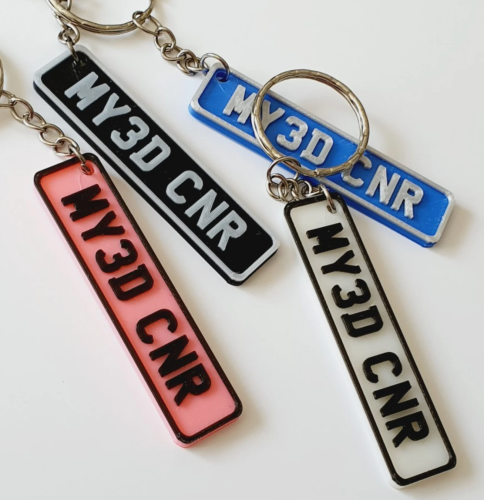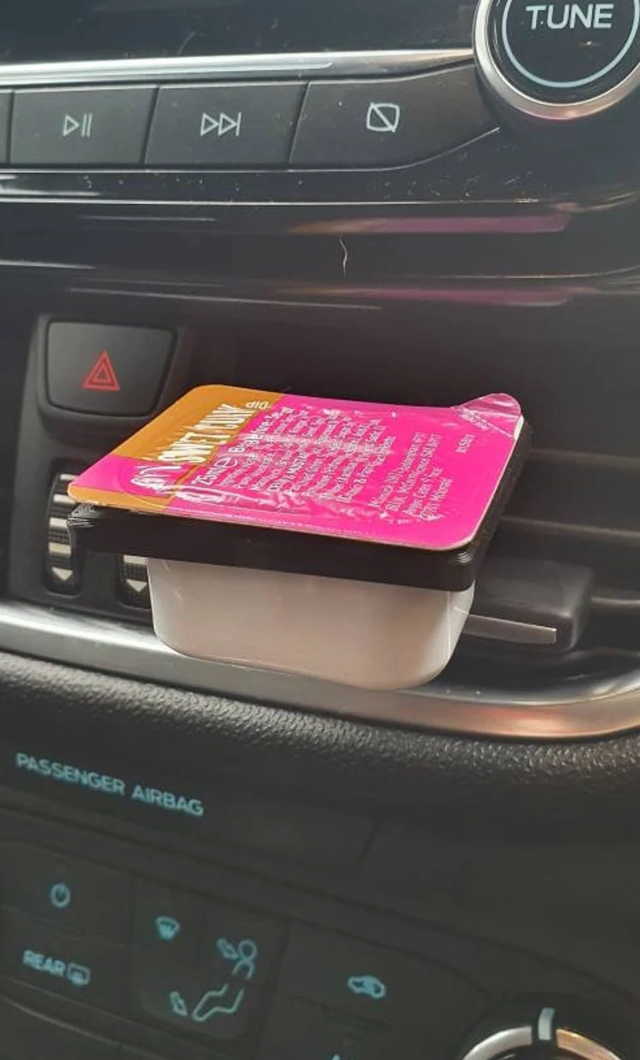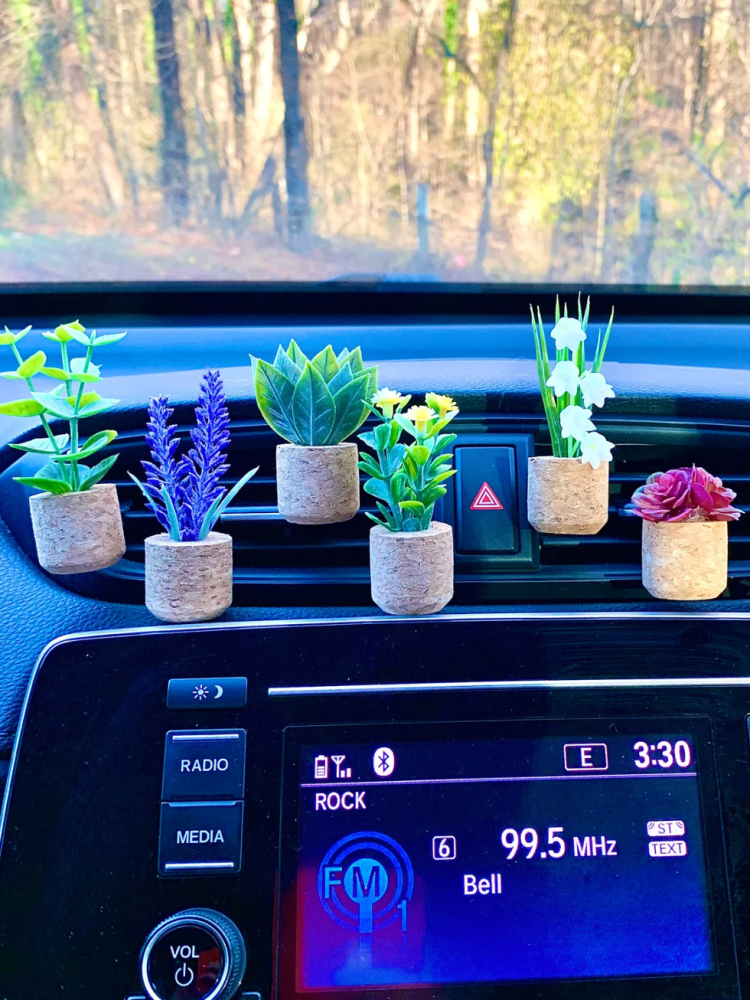How to Save Money When Buying a New Car
Posted on
A car is a serious investment that will set you back a fair amount of money, but it also brings the freedom to travel as and where you like in the comfort of your own vehicle. When buying a car, there are a number of factors that you need to consider, most importantly your budget.
Looking to buy a new car without breaking the bank? Check out these helpful tips on how to save money when purchasing a car.
Check the car insurance group
Remember to factor in more than just the initial cost of the car: there is also insurance, repairs and MOTs to consider.
If you need to save money on car insurance in Northern Ireland, then take advice from Eamonn of Insurance Quotes NI; his advice is not to lose sight of the importance of the car insurance group on your ongoing annual car expenses. Every car is part of a group when it comes to car insurance and this group/category affects the premium you will pay. We will cover this point in detail and more helpful tips below, so you can make the right decision and save money when buying a new car.
When it comes to car insurance, insurers use a system of 50 car insurance groups to determine the premium you will pay. Each car is assigned to one of these groups, so whether you're purchasing a brand new car or a used one, it's a good idea to find out which insurance group it falls into. This information can help you make an informed decision about which car to buy, taking into account the potential cost of insuring it.

Think about what you really need
When embarking on the search for a new car, it's essential to take the time to reflect on what you truly need from your vehicle. There are numerous factors to consider, such as the number of seats, size, brand, and classification, and each of these factors can impact the overall cost. To help streamline your decision-making process, it's important to assess what you're looking for in a car and identify which features are essential and which are negotiable.
For instance, if you have a large family or frequently transport groups of people, you may prioritise a car with family-friendly features such as ample seating space and a large boot. On the other hand, if fuel efficiency is important to you, you may prioritise a car with better gas mileage over one with a larger engine.
By establishing your priorities and identifying what you're willing to compromise on, you can more easily narrow down your options and find a car that meets your needs without breaking the bank.
Consider the cost of repairs
When purchasing a new car, it's important to consider the potential costs involved in maintaining and repairing the vehicle over time. Car repairs can be a significant expense, so it's wise to do your research and get an idea of the costs involved in advance. One way to do this is to research the cost of spare parts and repairs, which can often be found online.
By gathering information on the cost of parts and repairs, you can develop a realistic budget and anticipate any future expenses. It's also worth noting that using reconditioned or refurbished car parts can be a cost-effective alternative to purchasing brand new parts. When in need of a replacement part, it's always worth checking for reconditioned options before automatically opting for new parts. Using repaired car parts can save money over buying brand new car parts.
Another tip for reducing the cost of repairs is to prioritise regular vehicle maintenance. Regular oil changes, tyre rotations, and other basic maintenance tasks can help prevent more costly repairs down the line. By taking good care of your car from the outset, you can help prolong its lifespan and minimise future repair costs. There are even checks you can do yourself such as maintaining your car tyres to save money.

Compare car insurance
When purchasing a new car, it's important to consider the cost of car insurance and explore your options before making a final decision. With hundreds of UK insurance providers available, finding one that suits your needs and budget can be made easier by using a comparison website.
However, it's important to be aware that not all policies cover drivers in Northern Ireland, so if you're based there, you'll want to use a website that is specifically designed to compare car insurance policies in Northern Ireland, such as CompareNI.com which is specifically designed to help you compare car insurance NI policies. By using a website like this to shop around and compare policies, you can find the best deal that suits your needs and budget.
When comparing car insurance policies, it's important to consider a range of factors, such as the level of coverage, the excess, and any additional benefits or add-ons. It's also worth noting that while it can be tempting to opt for the cheapest policy available, it may not always provide the level of coverage or protection that you need. So, be sure to review policies carefully, and compare them based on the features and benefits that are most important to you.
There are lots of ways you can save money on the car insurance quote too. Check out our helpful guide which reveals 3 ways to save money on car insurance that always works for us. If you're buying a new car then check our article about whether you need GAP insurance for your new car.
Remember to check the cost of car tax
Car tax is an important factor to consider when buying a new car, as it can have a significant impact on your overall expenses. The amount of car tax you'll be required to pay is determined by the amount of emissions the car produces, so it's worth checking the Government’s website to learn how much you'll have to pay before committing to a new vehicle.
To save money on car tax, it's advisable to choose a car that produces fewer emissions. Not only will this help you save money on fuel in the long run, but it will also reduce the amount of car tax you'll be required to pay, allowing you to save even more money overall.
When selecting a car, it's worth considering hybrid or electric models, as they typically produce fewer emissions and are therefore subject to lower car tax rates. However, these cars can often be more expensive to purchase upfront, so it's important to weigh the potential savings in car tax against the higher initial cost.
It's also worth noting that the car tax rates and emissions standards are subject to change, so it's important to stay up-to-date with the latest information and regulations to ensure that you are making an informed decision. By choosing a car with lower emissions, you can not only save money on car tax, but also contribute to a cleaner and more sustainable environment.

Personalised car air freshener
Test drive a selection
After narrowing down your selection, it's essential to test drive a few different models before committing to a purchase. If you're buying a new car, it's advisable to visit the dealership and ask for a test drive. If you're buying a second-hand car, make sure to explore a range of sellers and ask for a test drive before making your final decision.
Test driving a car allows you to experience how it handles, and get a feel for how it will perform in different driving conditions. This is especially important if you're purchasing a car for a specific purpose, such as commuting, long-distance travel, or off-road driving. A test drive also gives you the opportunity to assess the car's features and amenities, such as its audio system, climate control, and safety features.
During the test drive, pay close attention to how the car handles, including its acceleration, braking, and maneuverability. Take note of any unusual noises, vibrations, or other issues that may indicate potential problems with the car. Be sure to ask any questions you may have about the car and its features, and don't be afraid to ask for clarification if something isn't clear.
Ultimately, a test drive is a crucial step in the car buying process, allowing you to ensure that the car you're considering is a good fit for your needs and preferences. By trying before you buy, you can make an informed decision and select a car that you'll be happy with for years to come. If you have been looking for a great deal for a car in excellent condition with no success, maybe this is why you're failing at finding these for sale anywhere.
More quick-fire ways to save money when buying a new car
Here are some more helpful tips for how to save money on a new car:
- Research financing options: When buying a new car, it's important to explore different financing options and compare interest rates to find the best deal. You can also consider alternatives to traditional auto loans, such as leasing or renting a car, as these may offer lower monthly payments and other cost-saving benefits.
- Negotiate the price: Don't be afraid to negotiate the price of the car with the dealer or seller. You can also use online resources to research the average cost of the car and use this information to negotiate a lower price.
- Consider pre-owned cars: Buying a pre-owned car can be a cost-effective alternative to purchasing a brand new vehicle. You can find great deals on pre-owned cars that are in excellent condition and have low mileage, and many of these vehicles come with a warranty and other benefits.
- DIY maintenance: Instead of taking your car to a mechanic for routine maintenance, consider doing some of the work yourself. Basic tasks such as changing the oil, replacing the air filter, and checking the tyre pressure can be done at home with a few simple tools and can save you money over time.
- Opt for a smaller engine: Cars with smaller engines typically have better gas mileage, which can save you money on fuel costs over time. While a larger engine may offer more power and performance, it can also be more expensive to operate and maintain in the long run.

Plant themed car air fresheners
Final word on how to save money when buying a new car
In conclusion, buying a new car can be a significant investment, but it's important to remember that there are many ways to save money in the process. By considering factors such as the car insurance group, the cost of repairs, car tax, and the features and amenities of different models, you can make an informed decision and select a car that meets your needs and budget.
It's also important to shop around for the best deals and to consider all the ongoing costs associated with owning a car, such as maintenance and fuel. By taking a thoughtful and strategic approach to buying a car and its expenses, you can save money and enjoy the freedom and convenience that comes with owning your own vehicle.
Remember to take advantage of test drives and do your research ahead of time, so that you can make an informed decision and select a car that you'll be happy with for years to come. With the tips and advice provided in this article, you'll be well on your way to saving money and making a wise investment in your next car purchase.
Before you go...
We hope that this guide has been helpful in providing you with tips and advice on how to save money when buying a new car. However, if you're planning to sell your old car before buying a new one, there are a number of factors to consider to ensure that you get the best price and avoid common pitfalls.
Here are articles that can help you with the process of selling your car:
